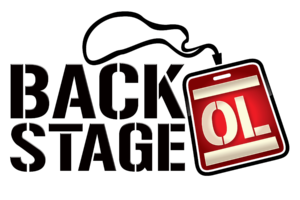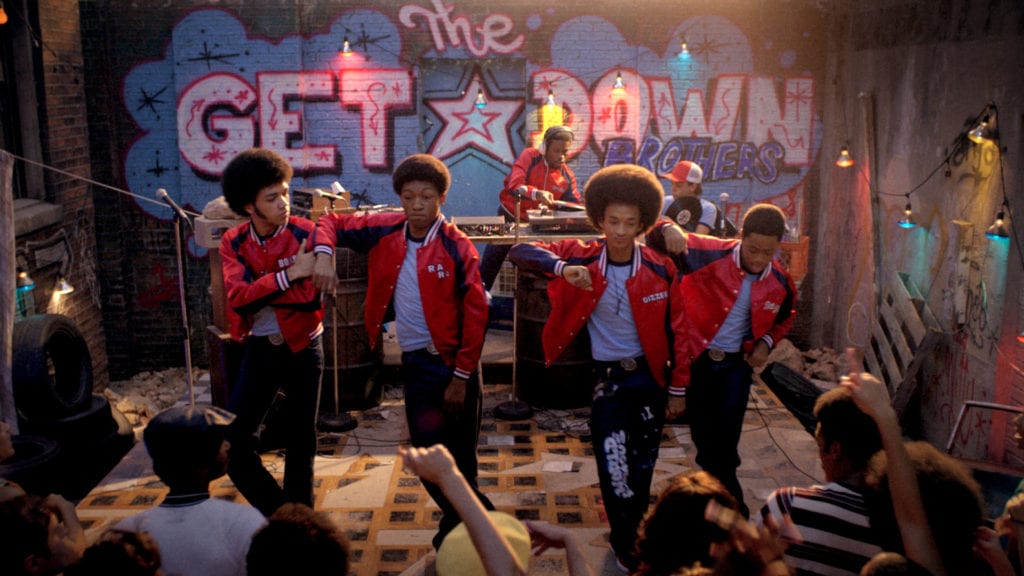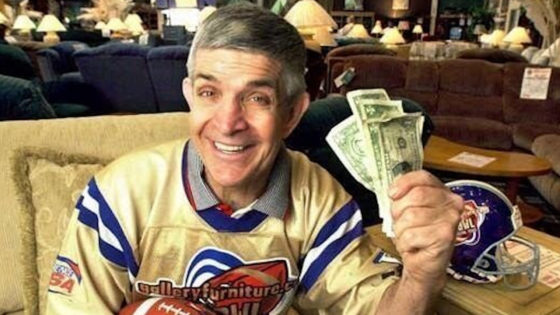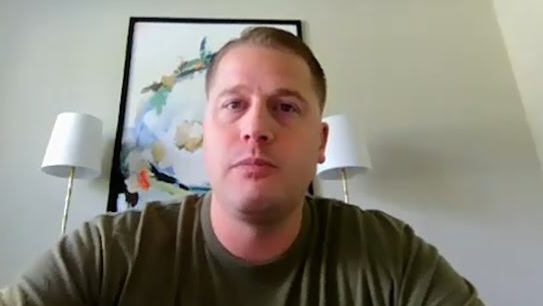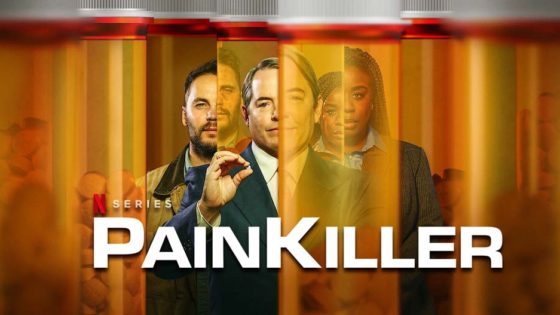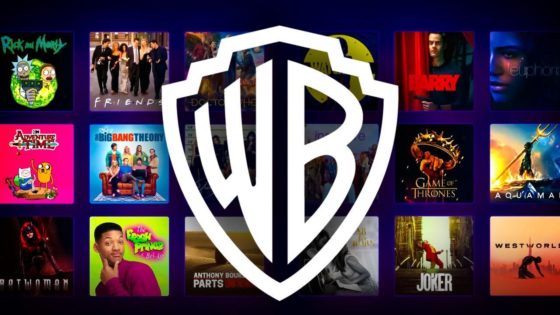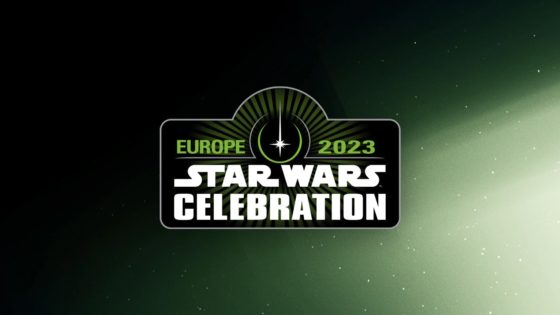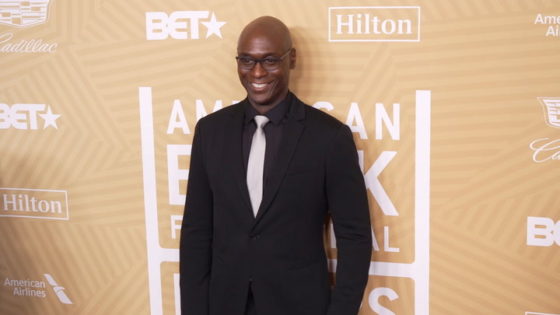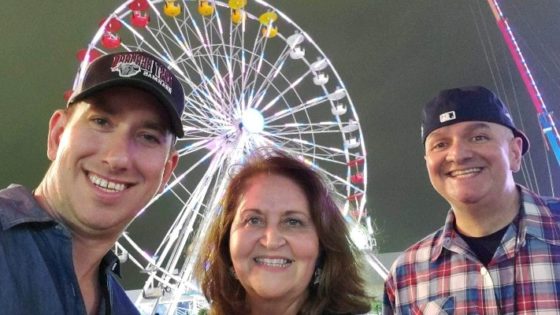Netflix must be making some serious VOD money as the half season of The Get Down, which aired over the summer, was costing around $11 million an episode. With twelve episodes ordered for the first season, six of which have aired (the rest to make their debut in 2017), the streaming service was looking at a grand total of nearly $120 million.
But, according to Deadline, those numbers may be a little askew.
Netflix is paying more like $16M per episode — inclusive in the total is worldwide rights to the IP, and factored into that are the premiums that Netflix paid to acquire those rights exclusively.
It appears the episodes were budgeted at $11M, but stops in production at filming locations, a change in staffing and script rewrites saw the price per episode increase by $3 million to $4 million.
Despite receiving critical raves, this series from filmmaker Baz Luhrmann (Moulin Rouge!, The Great Gatsby) and his wife Catherine Martin, has not been the runaway hit that befell Stranger Things, another Netflix series that released over the summer. However, in terms of viewership, The Get Down was No. 1 among African Americans and Hispanics at the time of its debut (Marvel’s Luke Cage may have leaped those figures) and it has been a hit with high schoolers due to the principal actors and use of hip-hop.
During Netflix’s quarterly earnings call, the company’s chief content officer Ted Sarandos gave the following response when asked about the expense to producer The Get Down as compared to its viewership numbers:
“Yes, it’s an expensive piece of television. Mostly because it’s very large scale, cinematic. The reason why Baz Luhrmann’s films work around the world is that kind of attractiveness. We’re still seeing how it’s going to unfold for the first season. All the shows land at a different level of noise in the press and probably depending on what circles you run in, whether or not your friends are talking about it. We’re very excited about how the show has been performing, particularly in a quarter where we had four shows that turned out to be kind of big event programs for us.”
